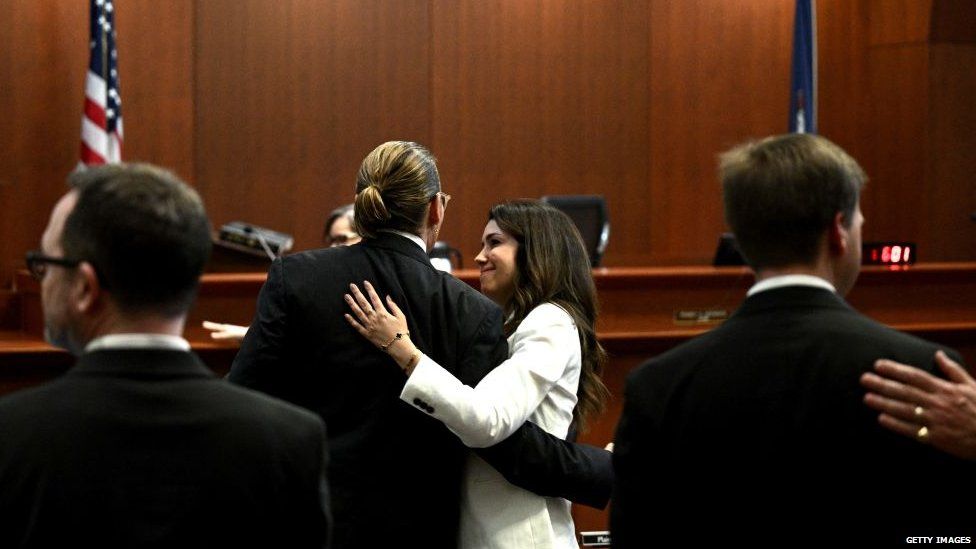Today we will provide information and reviews about Why Are Experienced Female Lawyers Leaving Biglaw? Why do we care?
Read the following article to get more information.
Yesterday, the ABA released a report titled Walking Out the Door: Facts, Figures, and the Future of the Experienced Female Attorney in Private Practice. Focusing on the perspective of women with 15 years of experience or more in 350 of the country’s largest firms, this report seeks to answer the question “why experienced female lawyers leave Bigla”. Which I have to answer with my own question: Why the f*** do we care?
By my rough count, roughly 100,000 lawyers are employed by the nation’s top 350 firms. That’s barely 8 percent of the 1.3 million lawyers in the United States. However, former ABA president Hillary Bass chose the problem of keeping women in Biglaw as a higher priority than “critical health issues, the immigration crisis, and declining traffic rates,” as explained in the report’s foreword.
Focusing on gender equality in Biglaw is not only a narrow-minded project, but also a short-sighted one. With the Big Four accounting firms now competing with Biglaw and trying to eliminate foreign ownership restrictions, Biglaw as we know it may soon cease to exist. If so, why is the ABA studying ways to help women thrive in an outdated business model instead of identifying future opportunities where women can advance? I said it twelve years ago, but I’ll say it again: Women fighting for equality in Biglaw are behind the times.
Of course, what’s most troubling about this report is something I’ve pointed out time and time again: the ABA’s continued failure to recognize the role of women-owned law firms in advancing gender equality and diversity in the profession. Not only is the exclusion of women-owned firms from the discussion of female attorneys in the private sector deeply insulting to us women who own and operate our own shops, but pointing out the experience of women-owned firms can help inform the conversation about how women. Can thrive in large companies.
For example, the ABA report predictably found that women in Biglaw are more likely to be mistaken for lower-level employees, subjected to derogatory jokes, and perceived as less committed than their male counterparts. Women in law firms—myself included (I was a court reporter just last week)—put up with this crap all the time, but somehow, we manage to overcome it to build profitable, impactful, and successful law firms. do. Is our experience replicable in Biglaw? Or is there something inherently transformative about the power of ownership that enables women law firm owners to thrive and overcome barriers that would otherwise hold women back at large law firms? I don’t know the answer to that – but maybe it’s something the ABA should look into instead of offering the usual solutions like implementing bias and harassment training, putting female partners on key committees, and affirming a commitment to gender equality. .
Another area where the report falls short in my opinion is that it fails to address the extent to which women in power in Biglaw help advance young women. Somewhat ironically, I noted that Hillary Bass defended her former firm against a discrimination lawsuit by a former female attorney, even in the face of the EEOC’s finding of reasonable cause to support classified claims of gender discrimination in compensation. However, the boss is now hiring other companies after failing the women at the company he worked for. I wonder how many other female partners in Biglaw are similarly selling their female colleagues down the river.
In contrast, many female law firm owners actively support and support each other. The owners of the Women’s Law Firm seek out and hire other women and generously support and mentor other women lawyers. Visit almost any women-owned law firm Facebook group or organization, and hundreds of “You go, girl!” and other congratulatory statements whenever a member shares good news. Likewise, women in these groups refer business to each other: In an informal poll in one of my Facebook groups, I found that at least 50 members received referrals worth $2,500 or more from other group members. Can large companies follow this model? Again – I don’t know the answer because that fairly obvious option (women supporting women) isn’t covered in the report either.
As this decade draws to a close, the legal profession stands on the brink of exciting opportunities afforded by technological, economic, and social changes that are unfolding at a rapid pace. As women, we can look longingly at the old institutions built by male lawyers for male lawyers and try to swivel in a small chair at the mahogany conference room tables that have themselves become antiques. Or we can consider the future and identify the opportunities we can have. I know which direction I’m taking – it’s the direction that has led me throughout my career. Who else is in?


